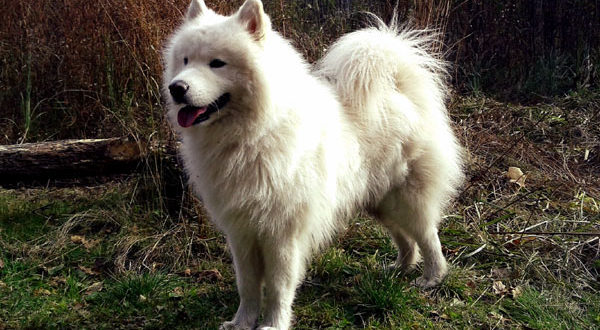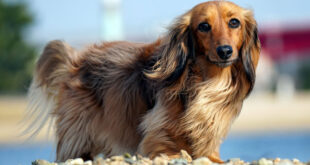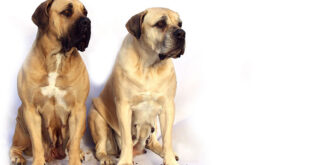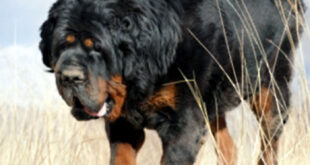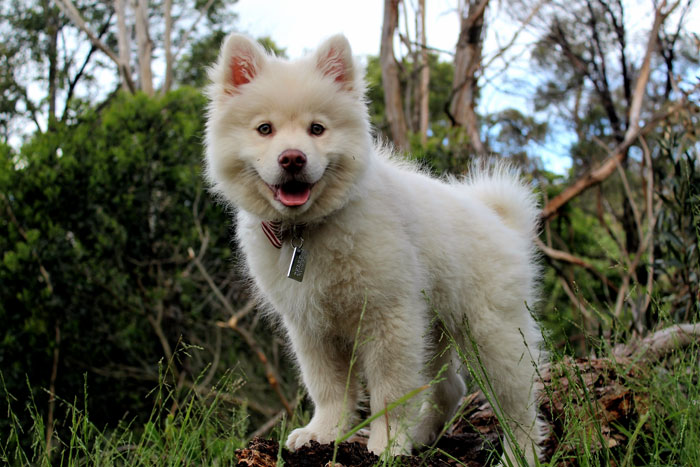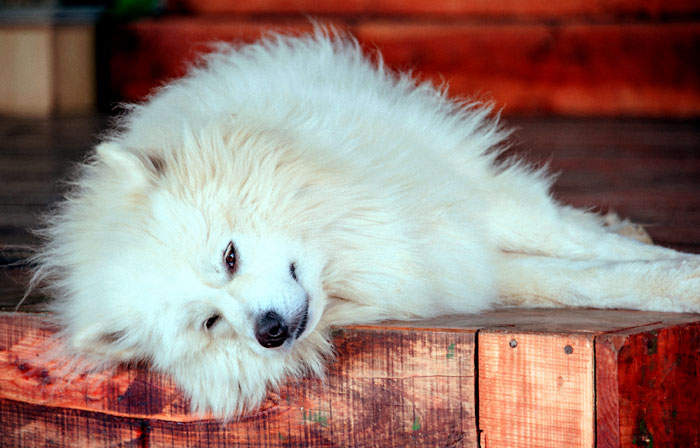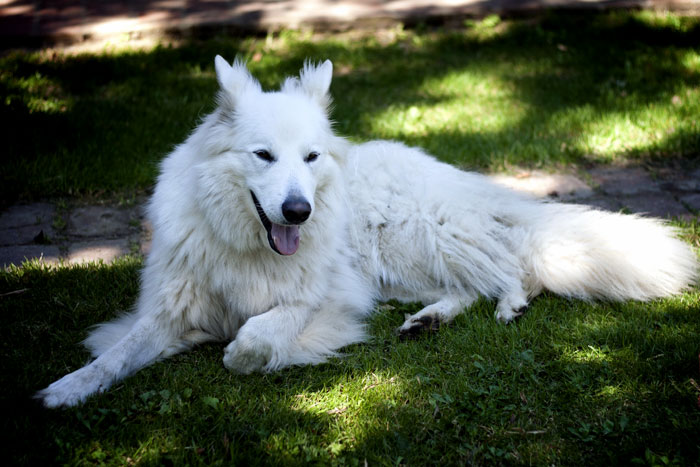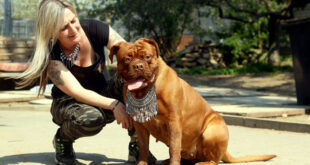Samoyed Dog information
Know-How to care Samoyed Dog, Breed information and Health. Samoyed is a breed of large herding dog that is descendent of Nenets herding Laika. Samoyed is a spitz-type dog (characters borrowed from German or Spitzen dogs). They have a thick, white and double-layered coat. Samoyed’s name is taken from the Samoyedic people of Siberia. These people were nomadic reindeer herders who used to breed the fluffy white dogs. These dogs would help them with herding.
Other names Samoyed dog
Samoyed is also known by various other names including Bjelkier, Samoiedskaya Sobaka, and Nenetskaya Laika. They are known to be originated from Northwest Russia and Western Siberia.
Samoyed overview
Weight
Male 50-65 lbs.
Female 35-50 lbs.
Height
Male 22 inch
Female 20 inch
Length Medium
Color Cream, White and Biscuits, and All Biscuits
Life 10-12 years
Energy Level average
Breed information Samoyed dog
- They were also bred to hunt and haul sleds. Samoyed combines great strength, agility, and dignity. They have a strong muscular body with good speed and endurance.
- The double coat of Samoyed is heavy and weather-resistant. While their undercoat is soft and thick, their outer coat is harsh and straight. It glistens with a silver sheen.
- The height of a male Samoyed can be 51-56 cm (20-22in). females can be of height 46-51cm (18-20 in).
- They live up to 12-13 years of age.
Temperament of Samoyed dog
- The temperament of Samoyed is gentle and playful. They can be really stubborn sometimes. Samoyed can be a good companion for a child or a person of any age.
- Samoyed has a friendly and pleasant manner towards strangers. This is a family dog and they are closely bonded with the family members.
- They can be calm inside the house but they can also be very mischievous outside. This breed needs daily physical and mental exercise. They are very active, so they dig when they get bored.
- Samoyed is always willing to please others and is responsive to the family members. They may also tend to herd children sometimes.
- Their friendly behavior makes them a poor guard dog. An aggressive Samoyed is very rare.
Health care Samoyed dog
- Samoyed can get affected by Samoyed hereditary glomerulopathy. It is a genetic renal disease. This disease can be caused by an X-linked dominant allele (or trait). This allele can be faulty, that is why this disease is more severe in male Samoyeds. It is similar to Alport’s syndrome in humans.
- Pregnant females develop light symptoms after 2-3 months of age. But they mostly do not develop renal failure. Defect in the structure of the IV collagen fibrils of the glomerular basement membrane is the cause of this disease. Symptoms are: the dog becomes lethargic muscle wastage occurs. The males who are affected appear as healthy dogs for the first three months of life. After that symptoms start to appear and they get worse as the disease progress.
- Another genetic disease is Diabetes mellitus. It is similar but not identical to human Type 1 which is insulin deficiency. The disease can occur in middle-ages Samoyeds. The mean age at diagnosis is seven years. This disease is caused by chronic inflammation of the pancreas or autoimmune destruction of beta cells.
- Progressive Retinal Atrophy (PRA) is yet another genital disease found in Samoyeds. It is caused by a frame-shift mutation in the RPRG locus of the X chromosome. This disease causes a slowly progressive loss of vision which eventually leads to blindness. Its symptoms are first to appear between 2-5 years of age.
- Pulmonary stenosis is a disease that can lead to a lack of breath, cardiac arrhythmias and getting tired quickly. This disease occurs more frequently in Samoyeds in comparison with other breeds of dogs. It can increase the risk of congestive heart failure.
- Samoyeds can also be affected by hip dysplasia.
- Sebaceous adenitis is also a concern for this breed. It is an uncommon idiopathic autoimmune skin disease.
How to Take Care of Samoyed
- Samoyeds have a thick fur coat. They require a good amount of brushing and combing. They should be groomed properly enough to keep their long thick coat free from mats.
- Samoyeds have long dense fur and so they also shed a lot. You can find their fur all over your house, everywhere. So if you want to keep a Samoyed, you have to deal with the hair problem.
- Samoyeds should never be left outside your house. If they are in your yard, make sure they are not left unsupervised. Samoyeds usually are very friendly, but many Samoyeds have high-pitched and intense barks. Your neighbors can have some problems with it.
